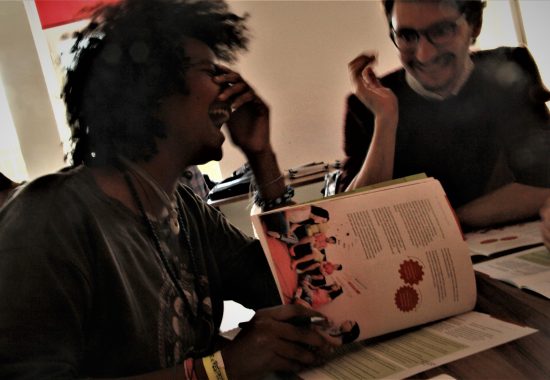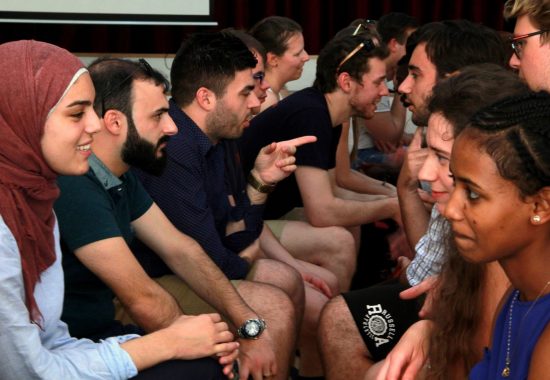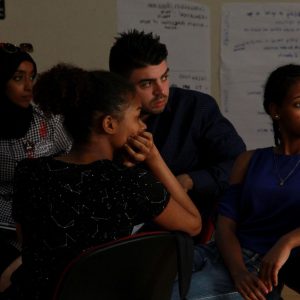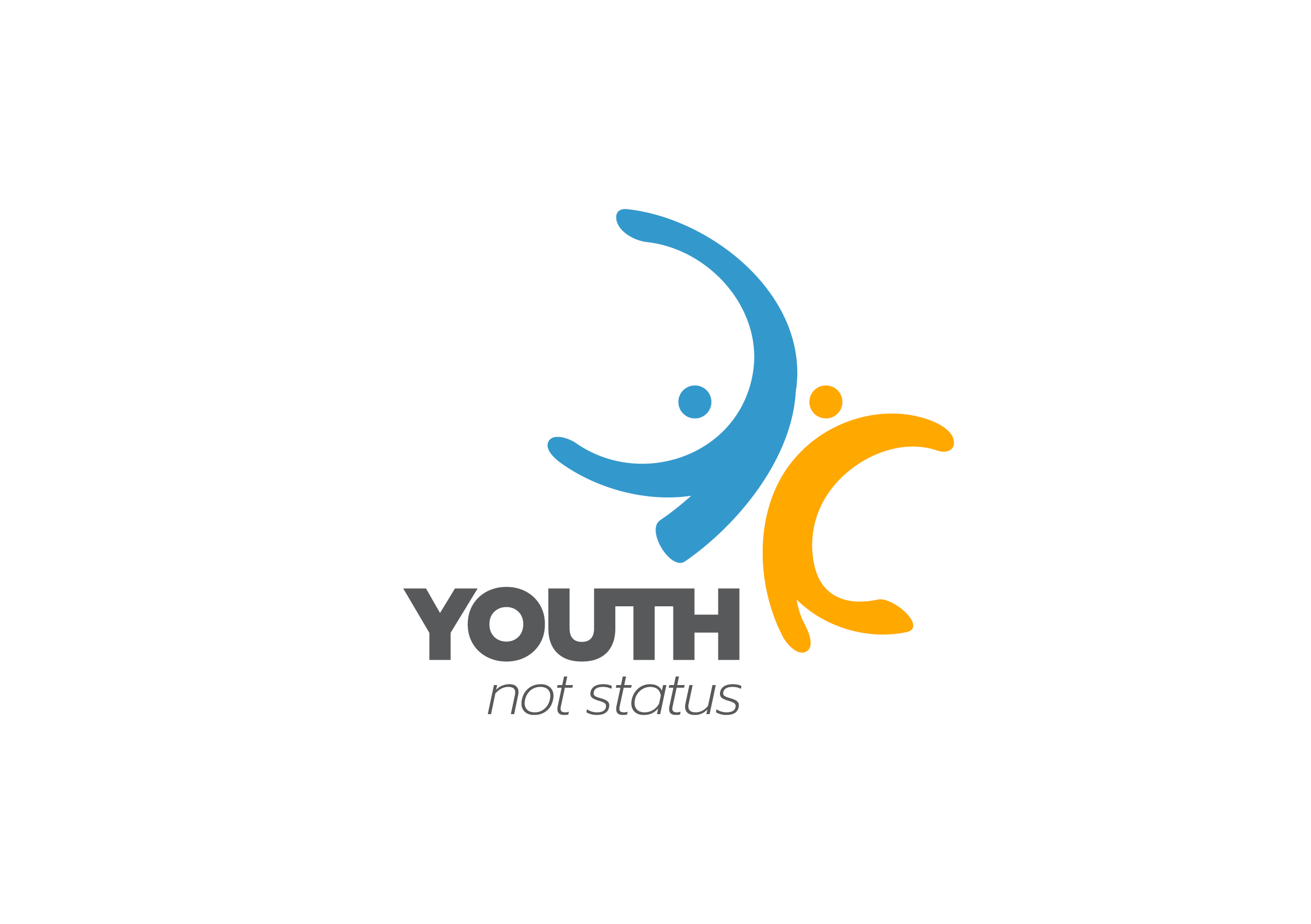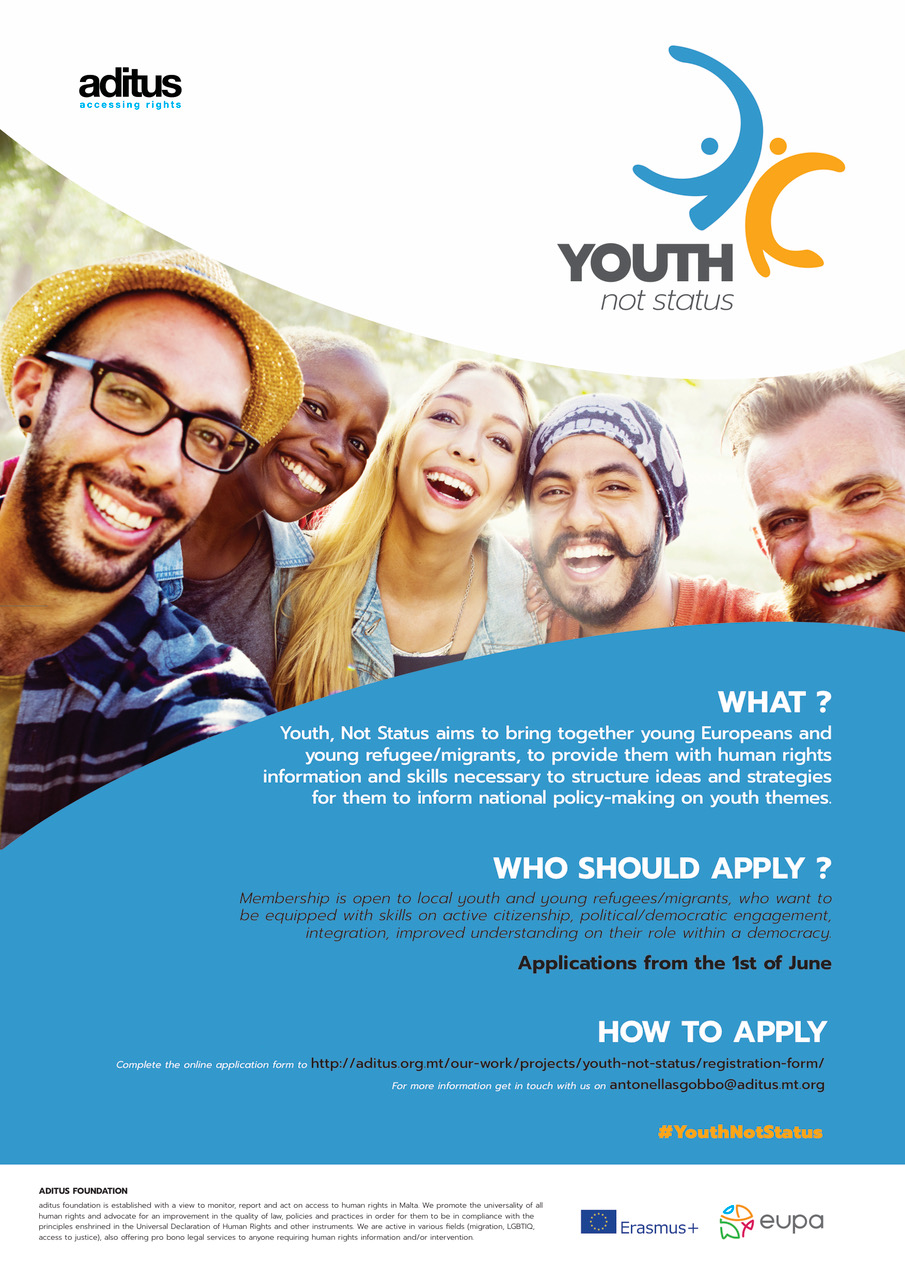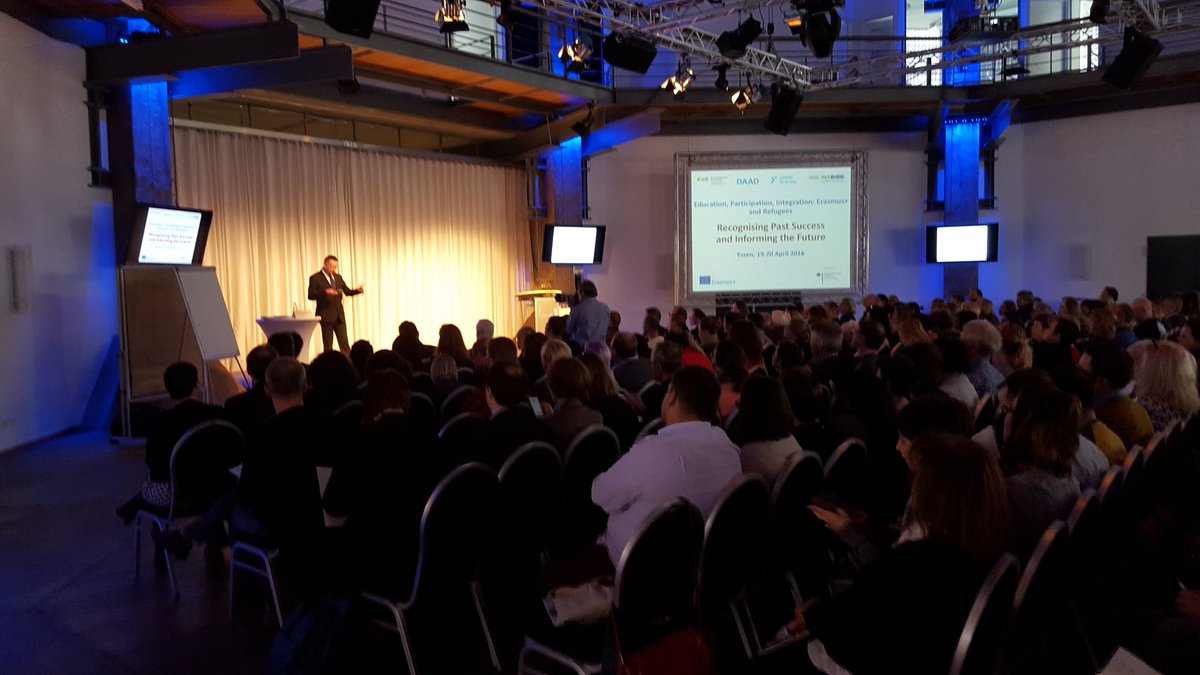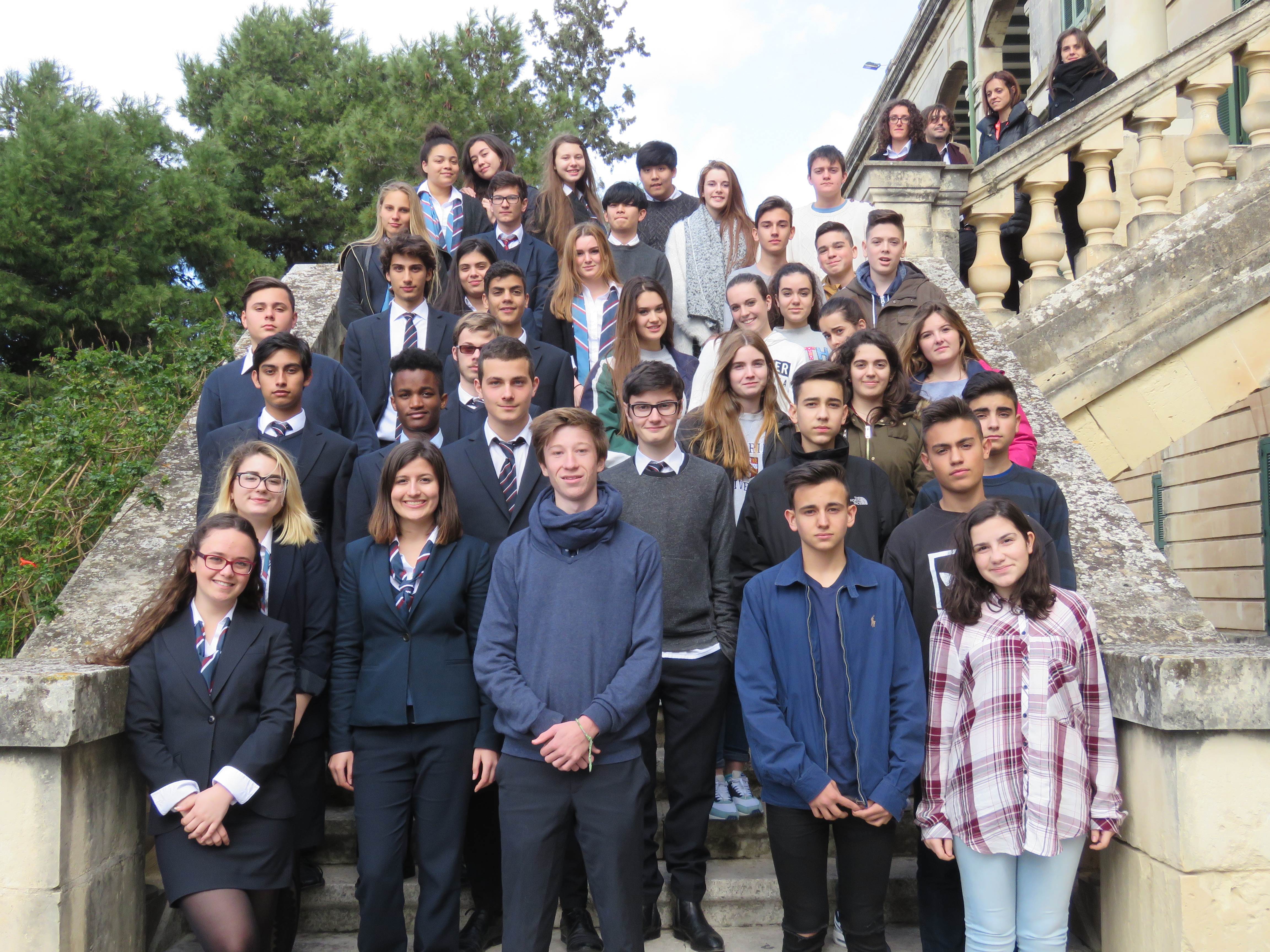On 11th-12th of November aditus held the second Training Course of Youth, Not Status, the Erasmus+ project that aims to bring together young Europeans and young refugee/migrants (range of age 18-30 years old), to provide them with human rights information and skills necessary to structure ideas and strategies for them to inform national policy-making on youth themes.
The training took place at Aġenzija Żgħażagħ Youth Village Complex in St. Joseph High Road, Santa Venera, and gathered together 20 young learners of all ages between 17 and 28 and from different backgrounds and helped them explore and change the discourse on migration and to understand the challenges and potentials of cultural diversity, inclusion, social integration.
The first session on Saturday 11th fostered social cohesion and promote intercultural dialogue. Dr. Anne Bathily and Dr. Virginie Gailing canvassed concepts and addressed subjects through interactive working group exercises to promote social inclusion and challenge racism and stereotypes.
They combined them with body-storming games as a powerful learning tool to improve critical thinking and education to achieve sustainable development, intercultural understanding and awareness campaigning.
It has been amazing watching the trainers with their interactive tools and proposals. The different protocols helped enormously in encouraging debate, to raise issues and work together to find solutions on daily based situations.
The Training gave us practice and examples of how to be aware and acknowledge that growing inequality has become a pressing issue.
The participants kept telling me, yesterday, that they felt very privileged to have participated in the workshop.
Antonella Sgobbo, aditus Programmes Officer and Youth, Not Status Project Coordinator.
During the last stage of the day, the identification of three project ideas took place in a very engaging working groups set up, three tables for three different projects:
- National Youth Council/equivalent of youth platform to be given a vote + consultation power in policy making process of Parliament
- Youth Media Platform
- Social integration campaigns
The workshop concluded with pitches of these proposals in front of a proper jury composed of a journalist, a video maker and a project manager who provided the participants with valuable advice on the potential impact of the projects.
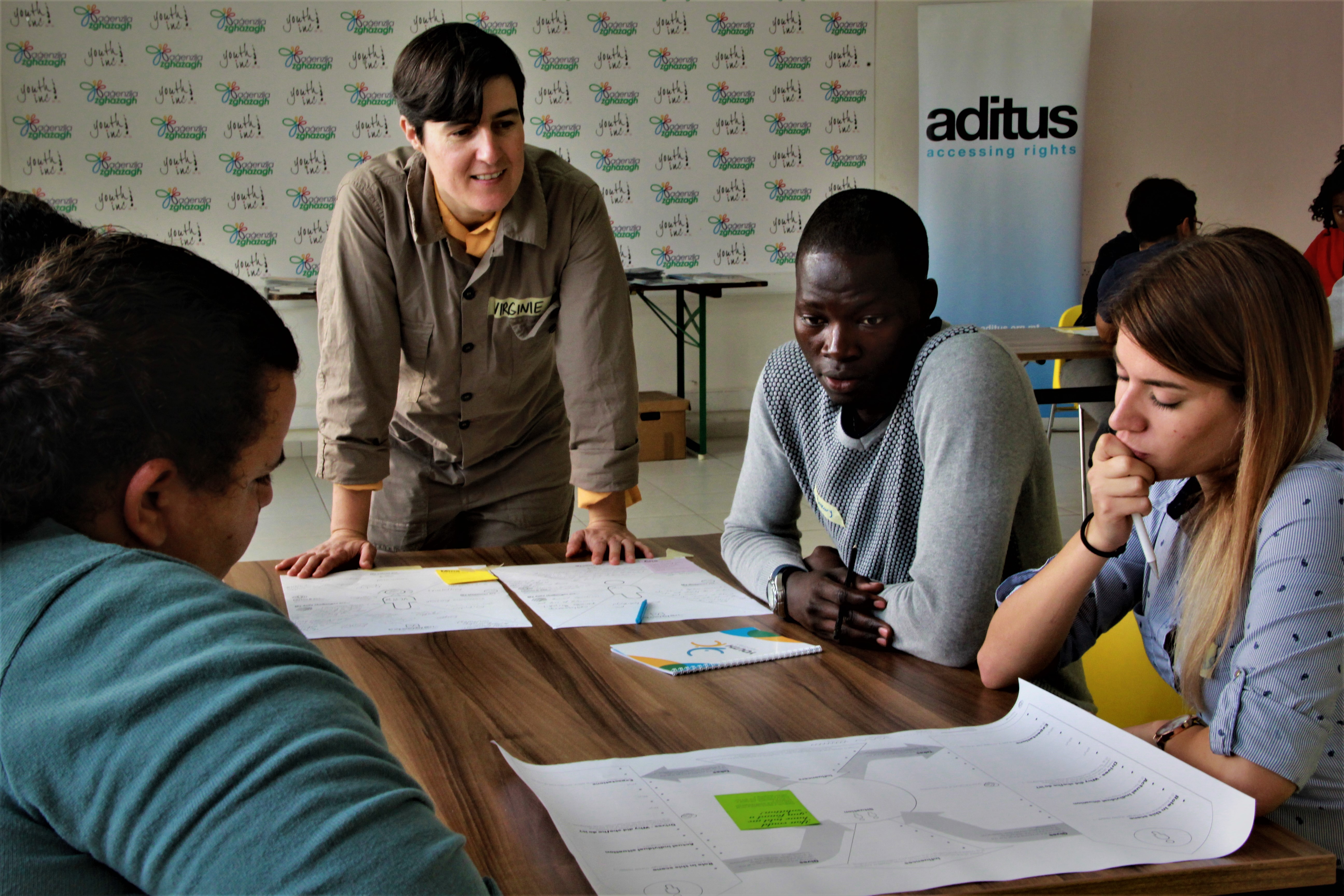
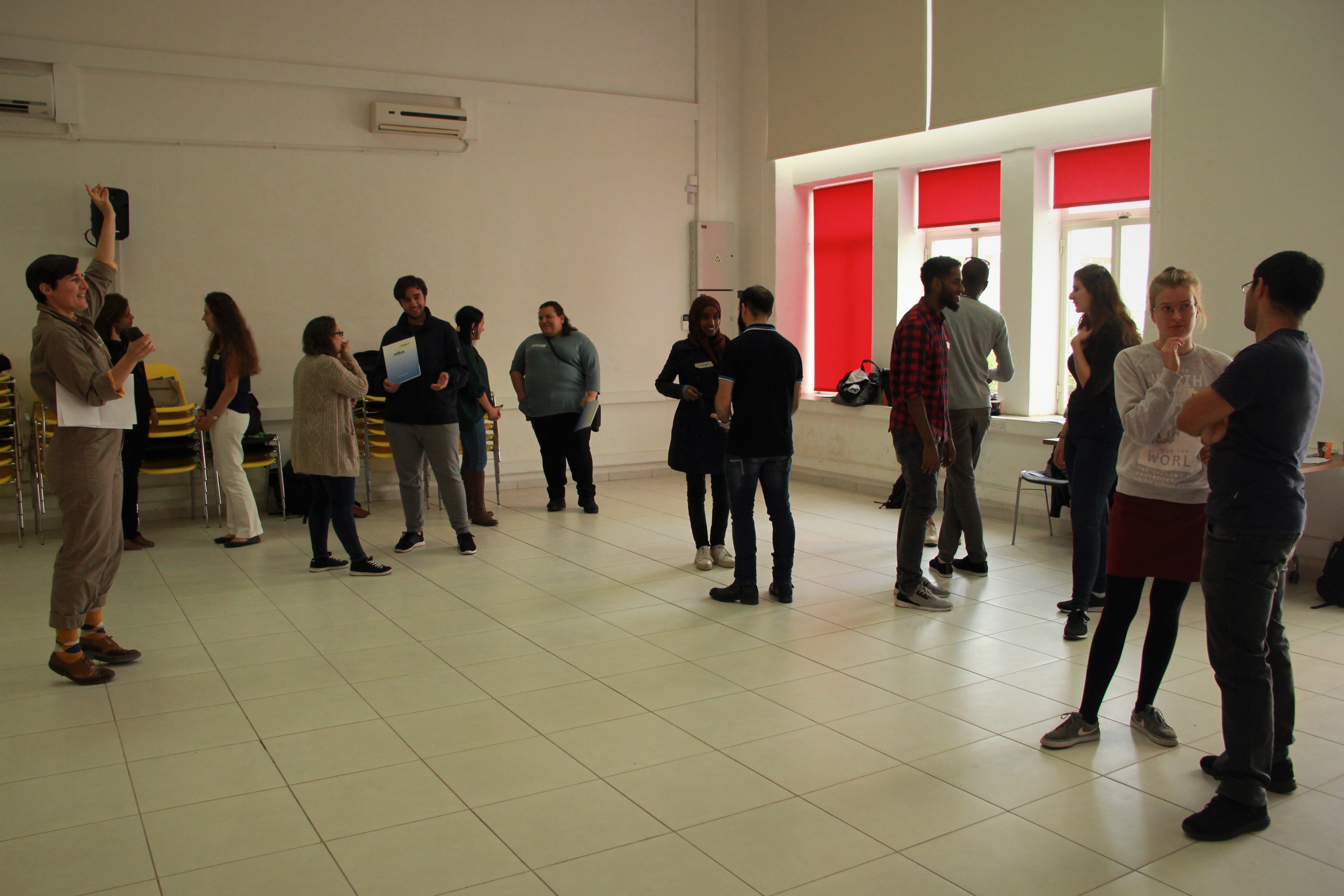

The next session on Sunday 12th sought to identify how young people can make use of the policy to advocate for their needs. Dr Gabi Calleja facilitated the session about “the National Youth Policy Towards 2020: A shared vision for the future of young people”, as part of the Government’s policy for greater participation, equitable economic and social progress for all and inclusive change.
The panel examined topics such as human rights and justice; political participation and decision-making; gender and health inequalities; and employment, education, and migration opportunities, in the context of youth development, empowerment, and equality within society.
The participants provided input on the strategies of the policy before its implementation and they advocated for increased inclusivity in the aims and the objectives of the policy.
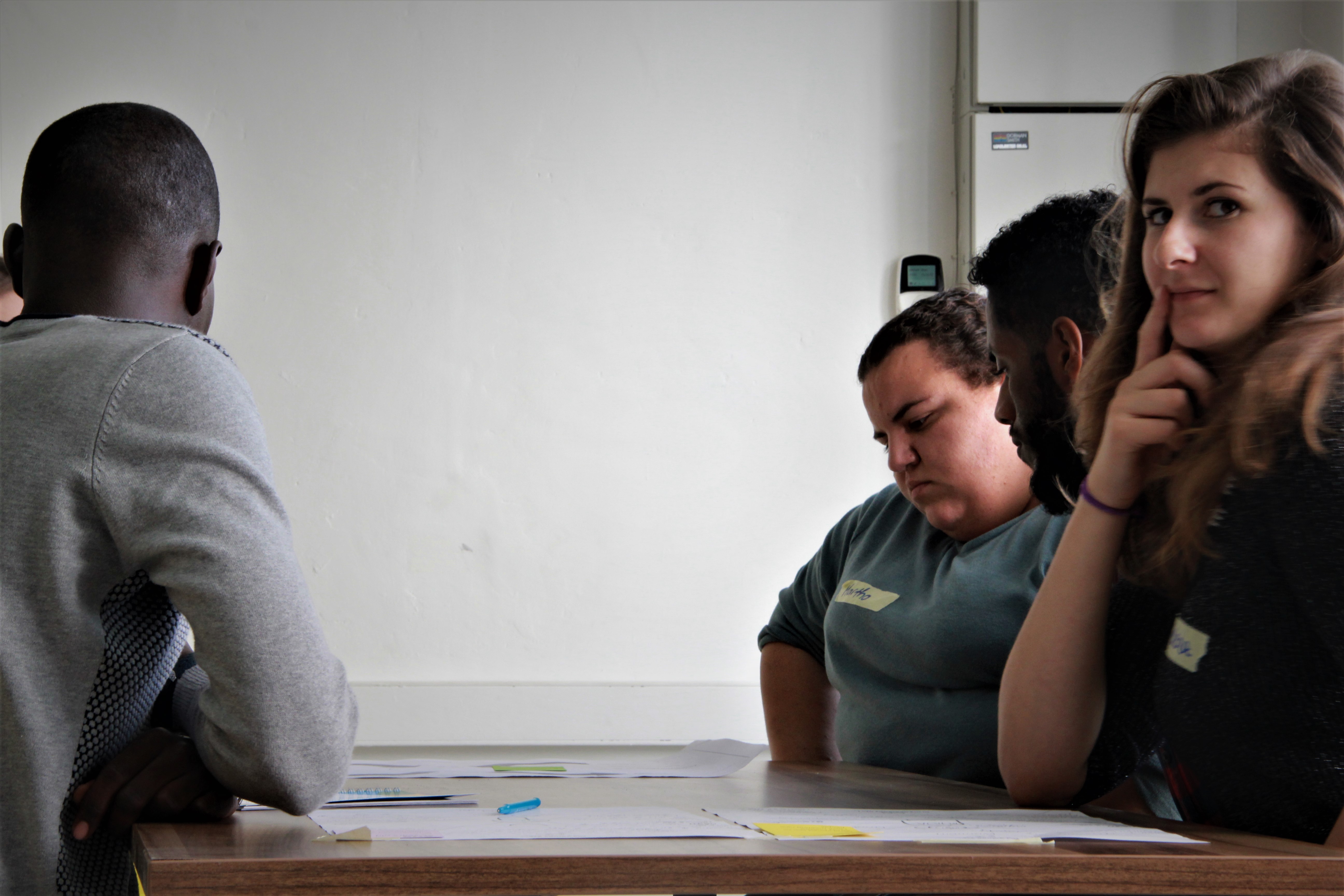
The workshop provided an invaluable platform for migrant and Maltese youths to interact and learn under the guidance of national and international coaches on integration, youth policy and journalism.
The interactive nature of the workshop made the weekend thoroughly enjoyable!
Helena A. Youth, Not Status participant.
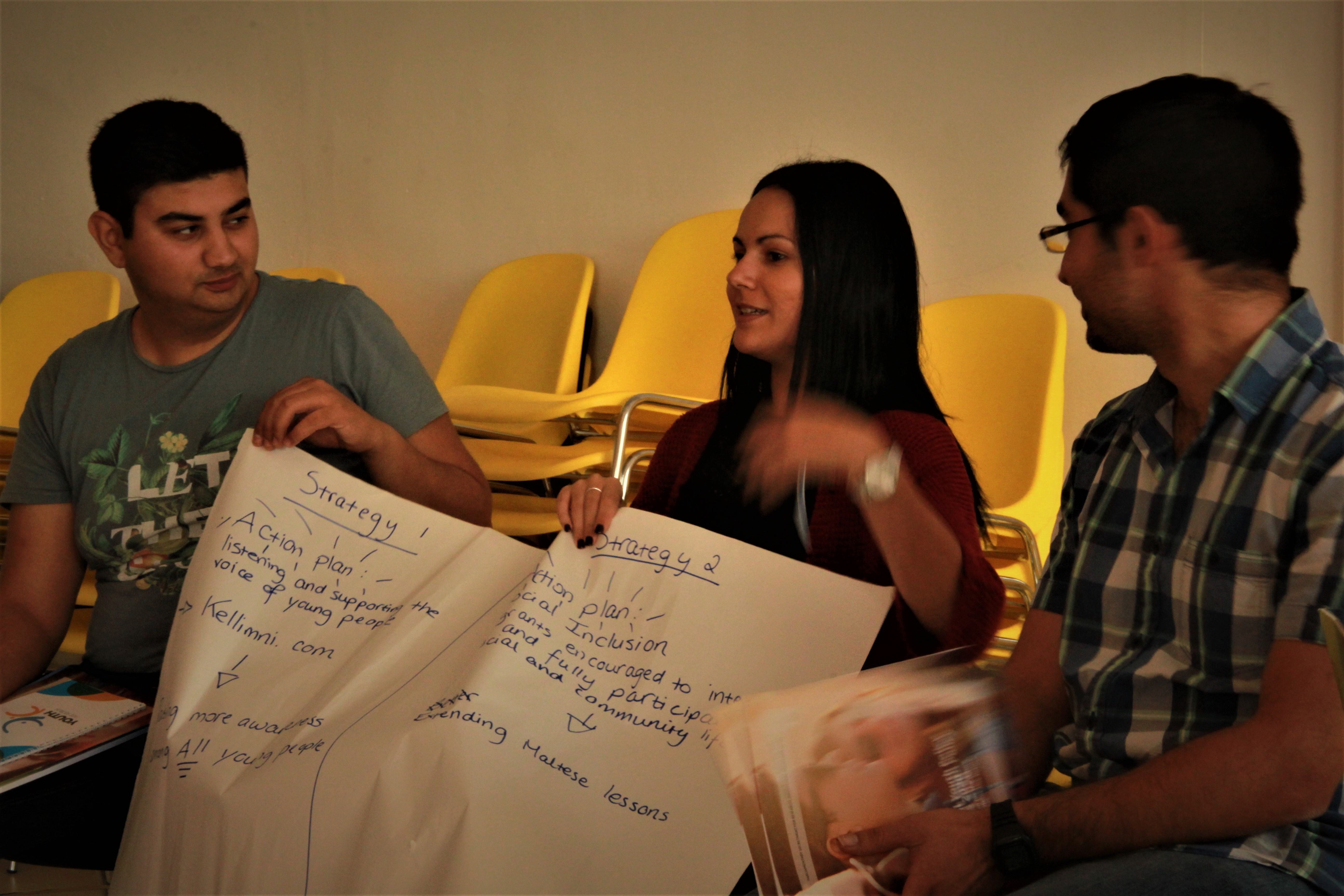
Jurgen Balzan led the last talk ‘Young people’s representation in media across the Mediterranean’. A vast majority of citizens in Europe and the southern Mediterranean now recognise youth-led initiatives and education reform as the best way to tackle discrimination and extremist narratives.
Jurgen gave an example of how social media played a significant role during the Arab Spring as it facilitated communication and interaction among participants of political protests, and he shared his experiences in reporting on cases involving migrants. The group of participants debated on how displaced and vulnerable people can be empowered through the use of social media and other platforms.
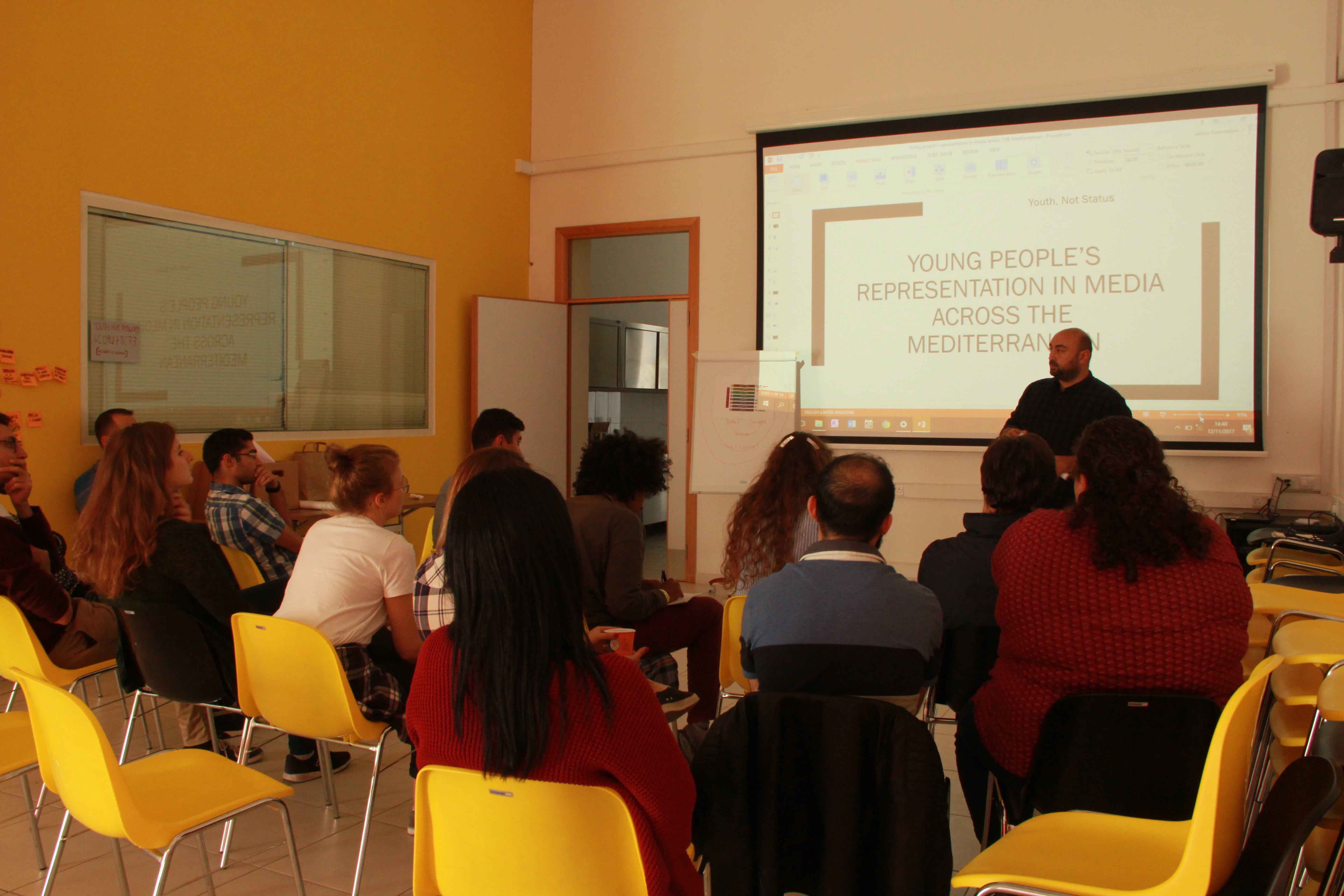
My participation in Youth, Not Status made me feel more comfortable and free to speak about migration. I met new people, we shared our experiences. Everything is more realistic now! Being judged as migrant, refugee in this Country needs to be refreshed up.
We shared our voices, we were very engaged, despite of the pressure and the animated debate.
Our voices can change the whole world.
It was a pleasure meeting also Jurgen Balzan, the journalist who spoke about the situation that happened in North Africa and in the Middle East. Thanks.
Omar, Youth, Not Status participant.
If you want to know more about Youth, Not Status project click here:
http://aditus.org.mt/our-work/projects/youth-not-status/
If you want be involved in the next activities of Youth, Not Status, get in touch with us:
antonellasgobbo@aditus.org.mt

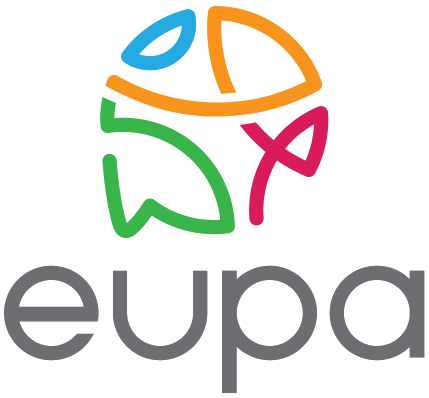
Photo credits: Antonella Sgobbo

